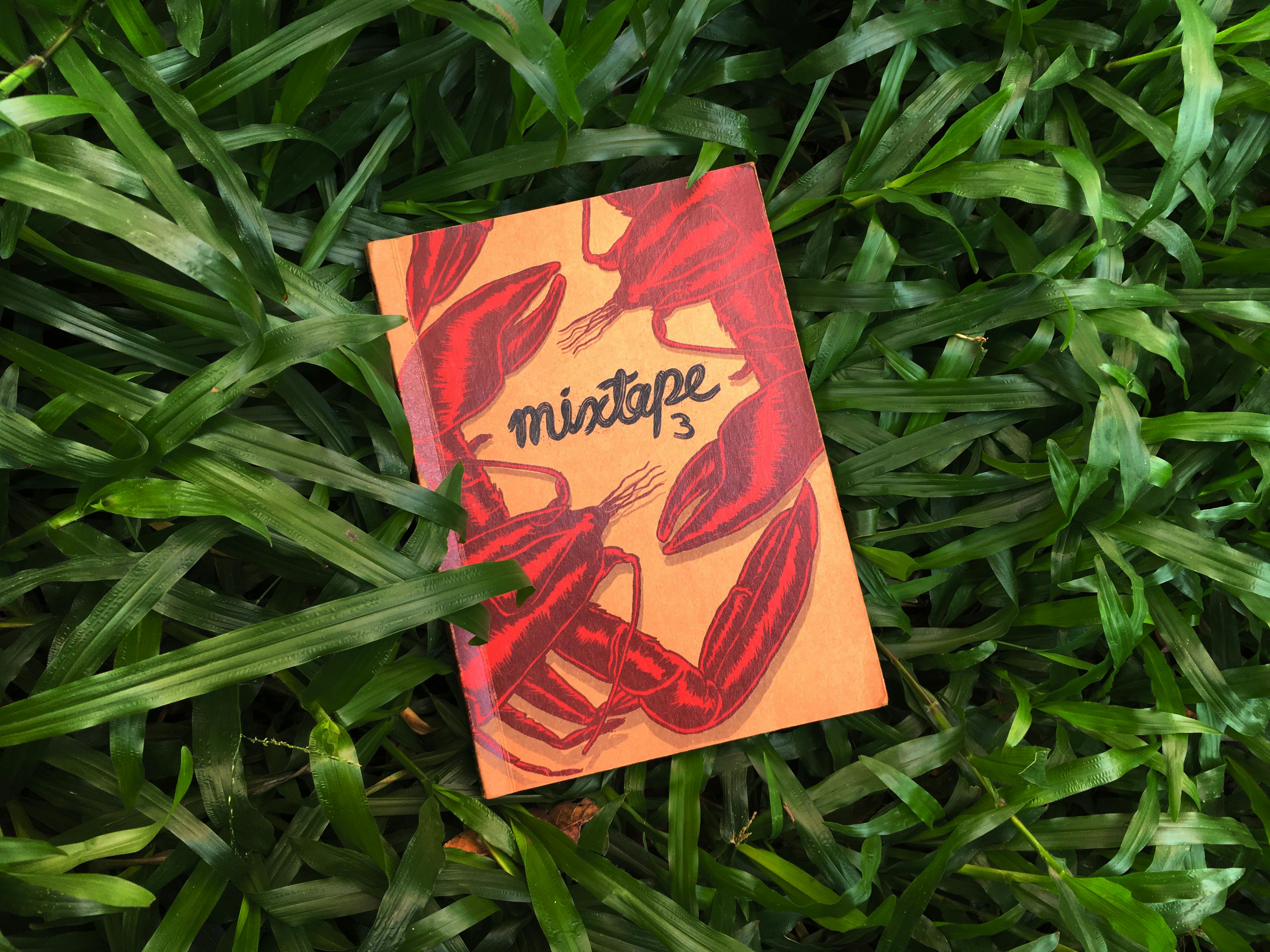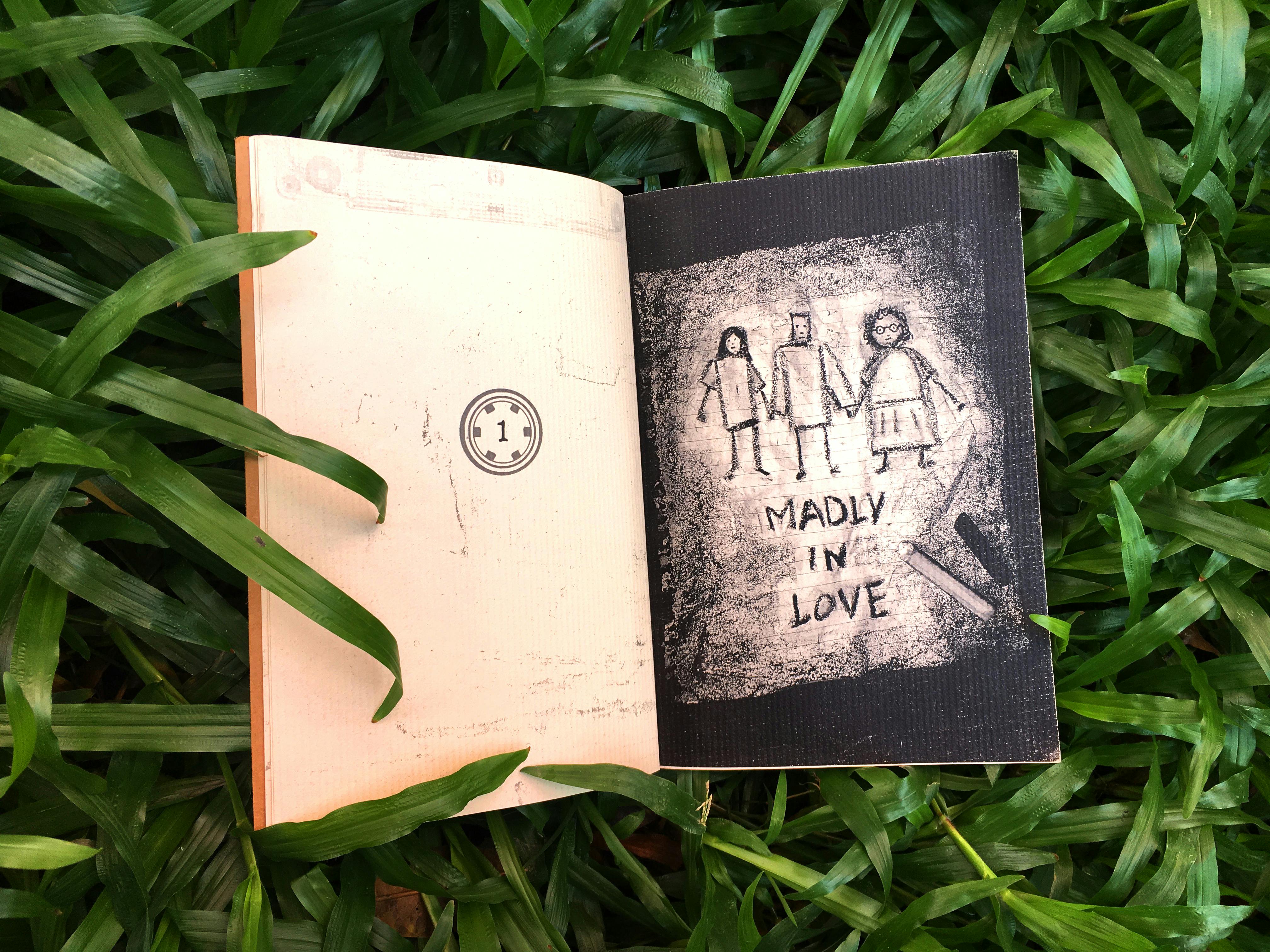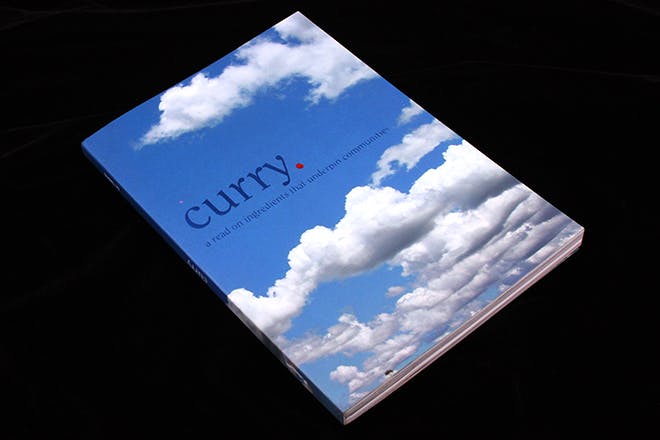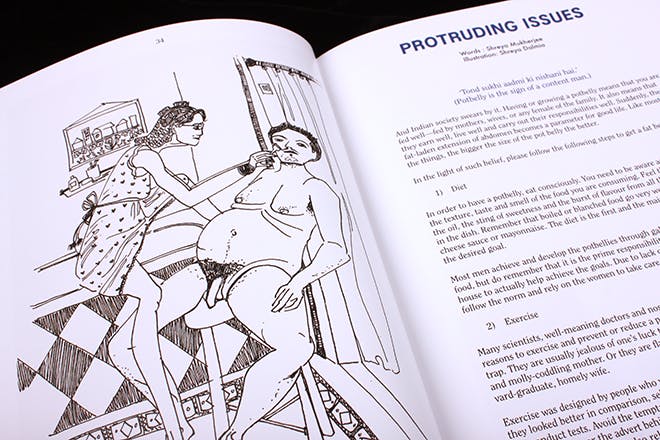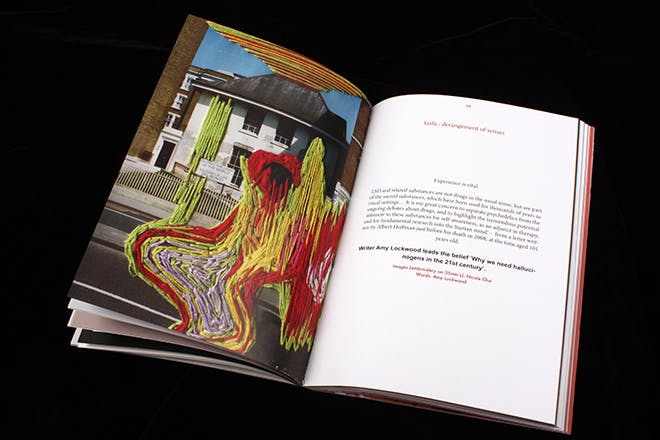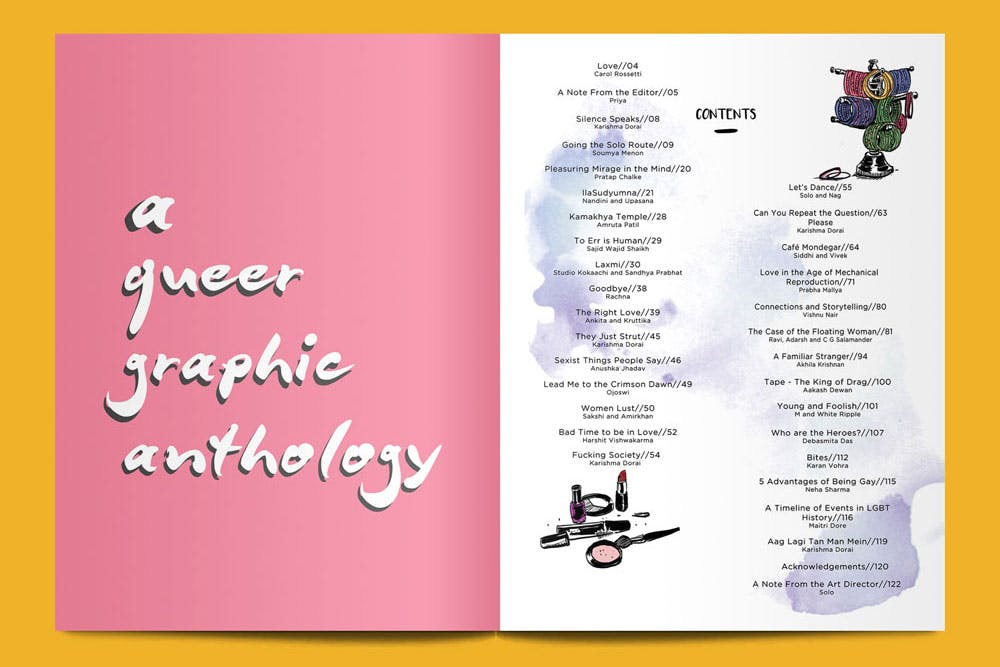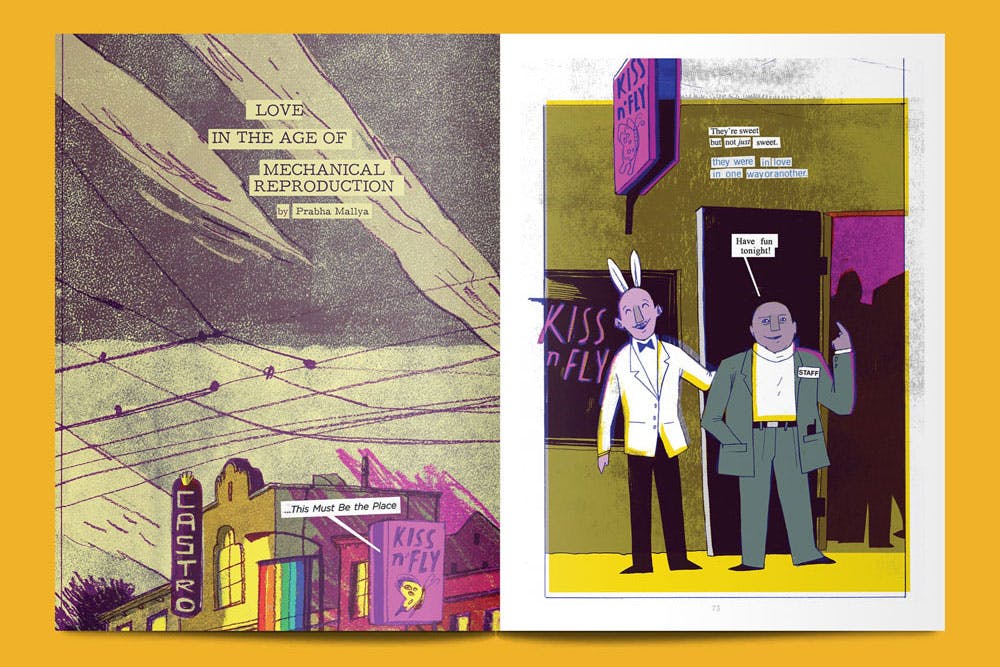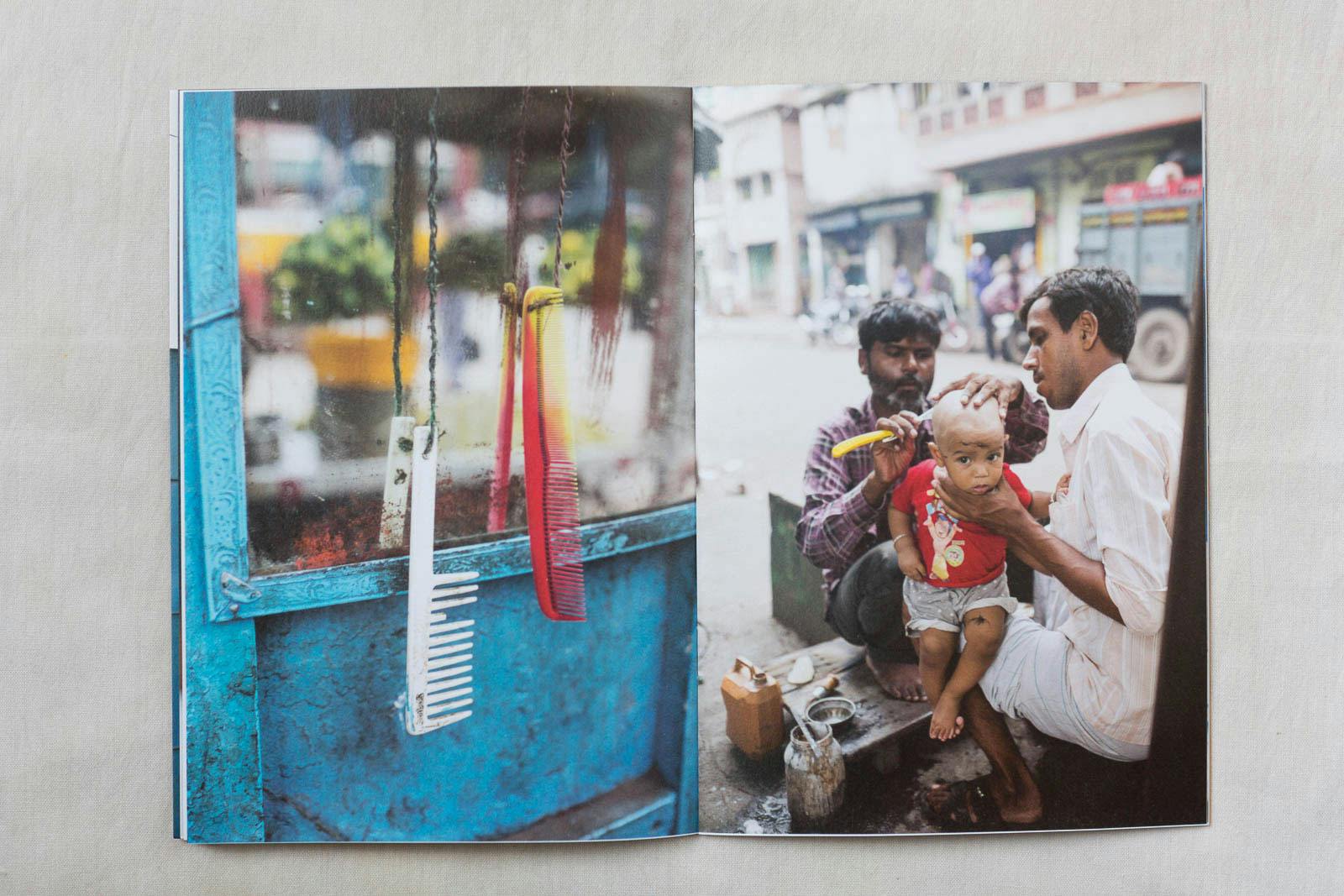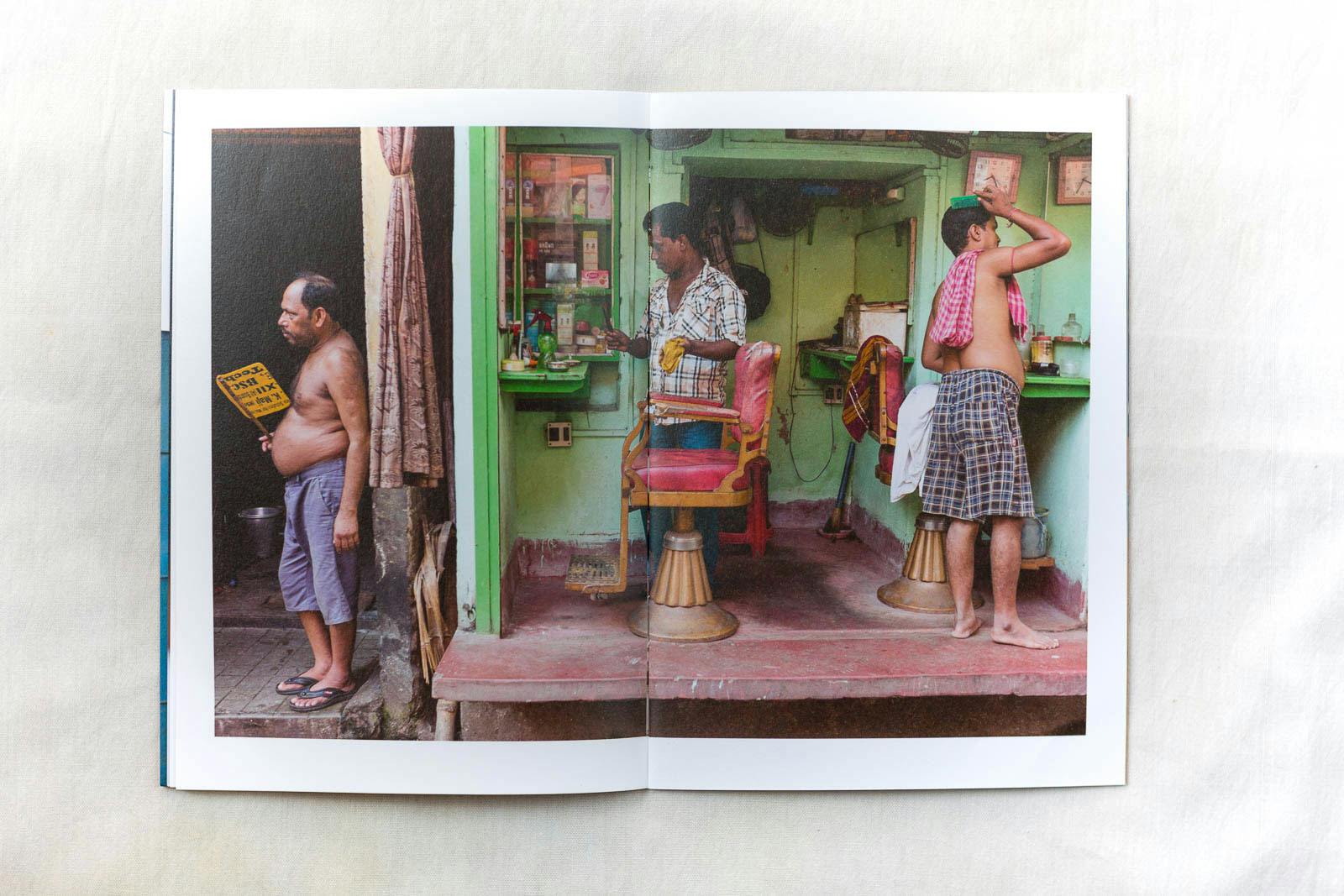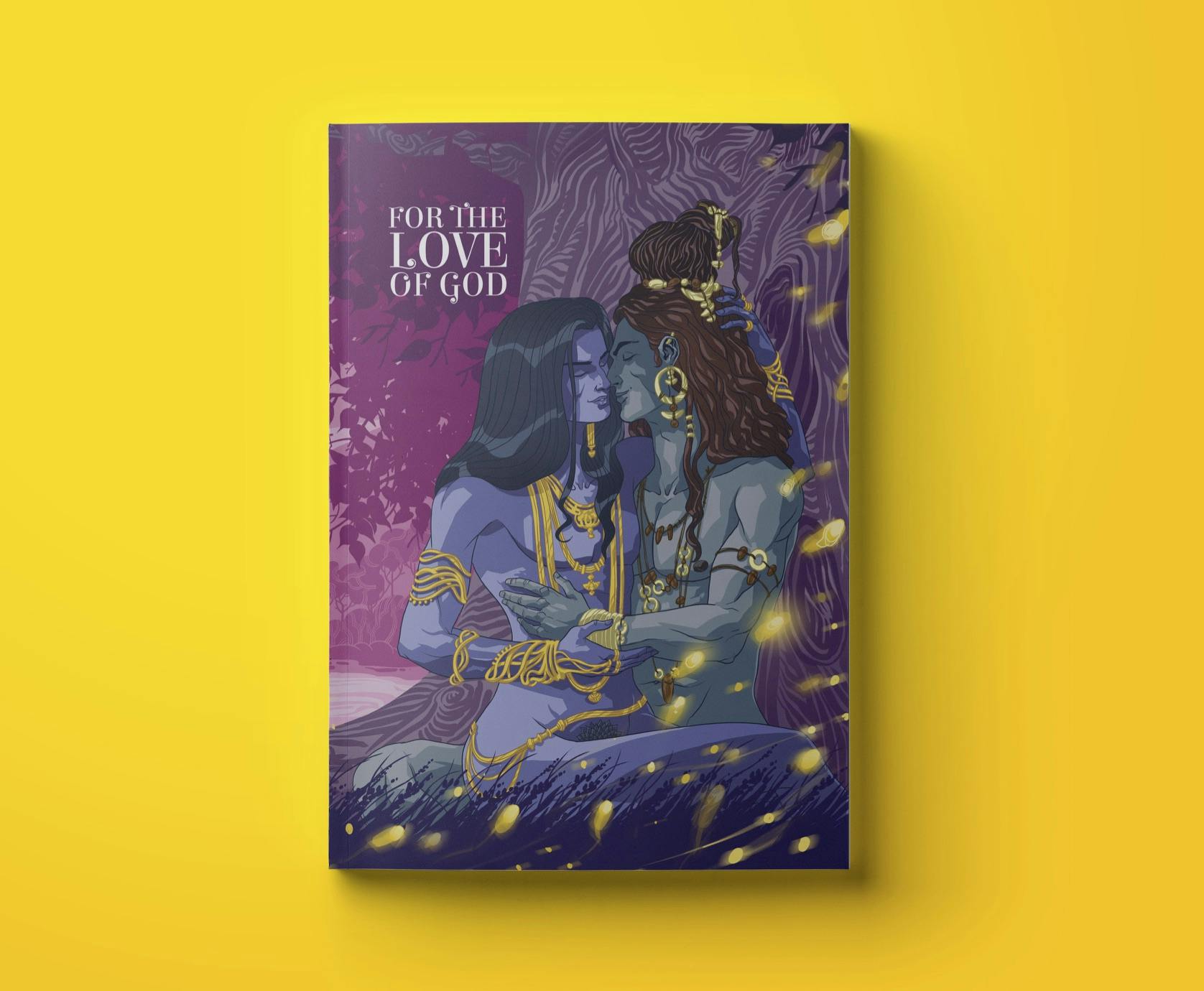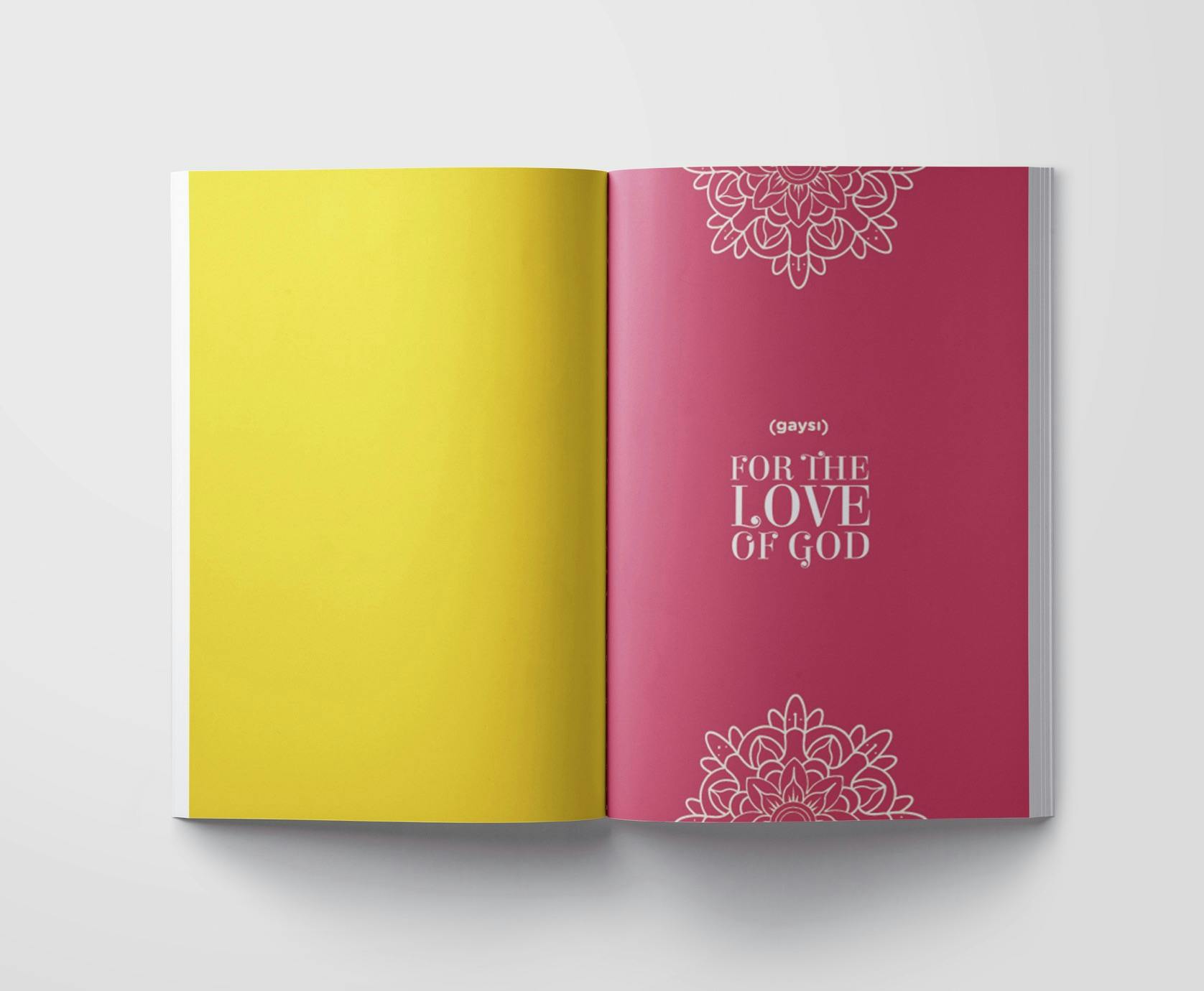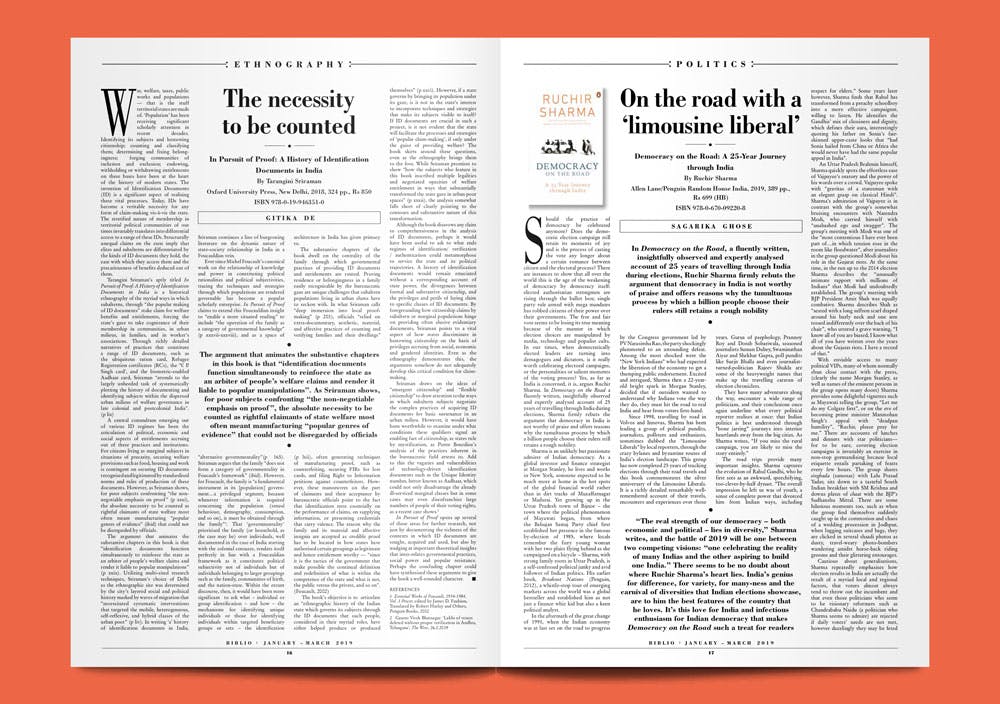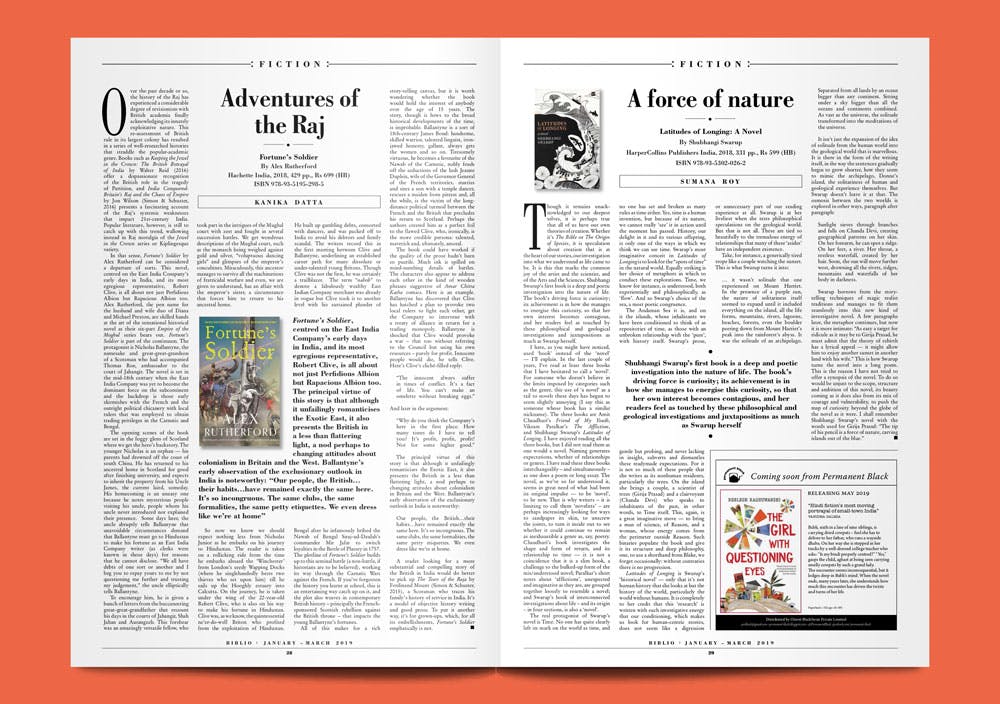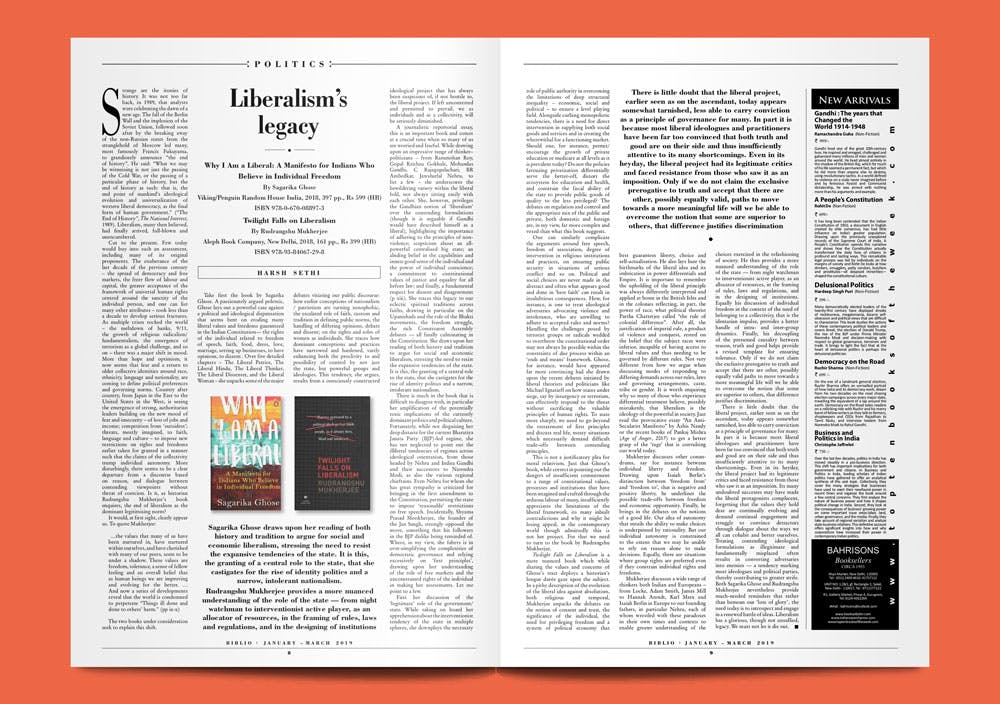Six magazines switching up the indie publishing game in India
It’s a good time to be reading magazines in India — a push by a handful of writers, illustrators and small press houses has created a rich indie zine scene. There are precedents: Biblio, the leading literary magazine in India, has been going for 24 years, surviving largely through concerted effort and a little advertising. But today, there’s hunger for independent print that feels new.
When I was growing up in Kolkata, the only widely distributed titles were Vogue and Elle: Indian counterparts of Western fashion magazines that were depressingly out of touch with the many subcultures in Indian cities. The new titles emerging mostly started out as passion projects, and their remit is interestingly niche: from a graphic anthology that shines a light on queer tales from popular Indian mythology; to a photo-zine whose latest issue focused on abandoned cars. After years of playing catch-up with the global indie publishing community, India has finally arrived.
Not in India? No problem! Buy our specially imported Indian Independents Collection
A collection of black and white comics printed out of Kochi, Mixtape was launched by Tina and Pratheek Thomas, the duo behind independent publishing house Kokaachi. The latest issue is an anthology of five love stories of varied moods. Set in mental asylums and dumpling shops, the graphics are detailed and moving. The magazine took almost two years to come together, and reflects Kokaachi’s dedication to weaving narratives that are rooted in India, but can resonate with an audience across the world.
Curry Magazine grew out of Shreya Dalmia’s graduation project at London College of Fashion. The first issue focused around the idea of taste, featuring photo essays on Calcutta’s fish stalls, a collage series of India’s favourite comfort foods, and a satirical how-to guide to growing a potbelly (which in India, hints that a man is well fed by a woman). The magazine is characterised by a sense of curiosity — one of the most memorable features from the debut issue was Amy Lockwood’s piece on hallucinogens, which was accompanied by embroidered photographs by Nicole Chui. Since launching in 2017, Shreya has released a handful of other zines in collaboration with artists across the world. Currently, she’s juggling the production of the zines while also conceptualising the second issue of Curry, which will be themed around ageing.
Gaysi started as an online blog sharing stories about what it means to be gay and desi (from the South Asian Subcontinent). The print zine is devoted to comics and cartoons, because, as editor Priya Gangwani explains, “graphic narratives make a beautiful balance between the visible and the invisible”. Sometimes sad and often erotic, Gaysi Zine immortalises small, seismic moments (like kissing your best friend on a night out), as well as offering a historic context to homosexuality in India. In the fourth issue, we find ‘The case of the floating woman’, which tells the story of the first recorded crime in Madras: a woman murdered by two men who feared she would expose their love affair.
A bi-monthly zine dedicated to photographing the streets of India, Concorde tells just one tightly focused story at a time. The pilot issue — themed Chai — dissected the country’s relationship with its national beverage: sweet, steaming milky tea. More recent themes have included bicycles, and most memorably: barbers. In the latest issue, Abandoned, editor Kishor Krishnamoorthi turns his attention to the stranded cars that line the streets, left to rust in alleyways. Concentrating on local culture, Concorde chronicles the simple, unchanging moments that are the essence of life in India.
For The Love Of God tells the often unacknowledged queer stories from popular Indian mythology. Produced by Gaysi Family (the same team behind Gaysi Zine) this is a beautifully illustrated anthology of gods and deities who don’t conform to established gender roles. Like Bhagiratha, one of the most famous kings of India, who was the child of two women; his name translates to “he who is born of two vulvas (bhaga)”. And Ratnavali and Brahmani, a princess and priestess who fell in love. India decriminalised homosexuality only last year, and this zine — in its celebration of our queer history — feels very precious.
Founded in 1995, Biblio is one of the oldest running literary reviews in India. It acts as a bridge between the academic and the lay reader, with every page of the closely printed, newspaper-style magazine filled with essays and in-depth book reviews. Over the years, Biblio has introduced special thematic sections that explore issues of contemporary relevance — climate change, the blurring of the gender lines, and the socio-political landscape in the country — asking how national events inform the fiction and poetry we write. At its heart, Biblio is a testimony to resilience: it has fought the shrinking space for book reviews in mainstream media, and soldiered on despite budget crunches.
See the magazines for yourself – buy our Indian Independents Collection and receive copies of Concorde, Gaysi Zine and Mixtape

